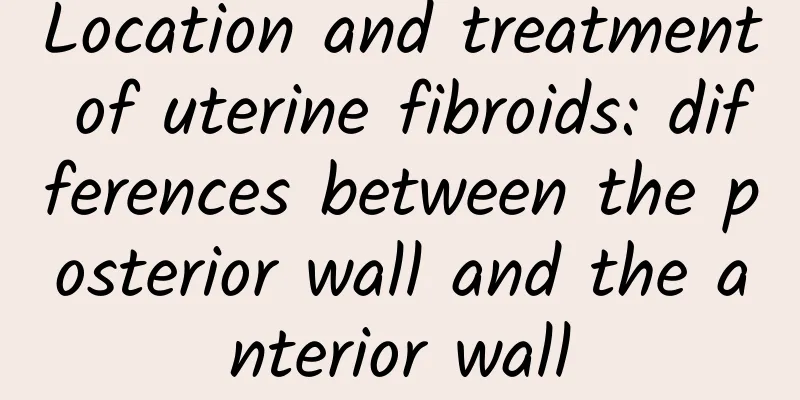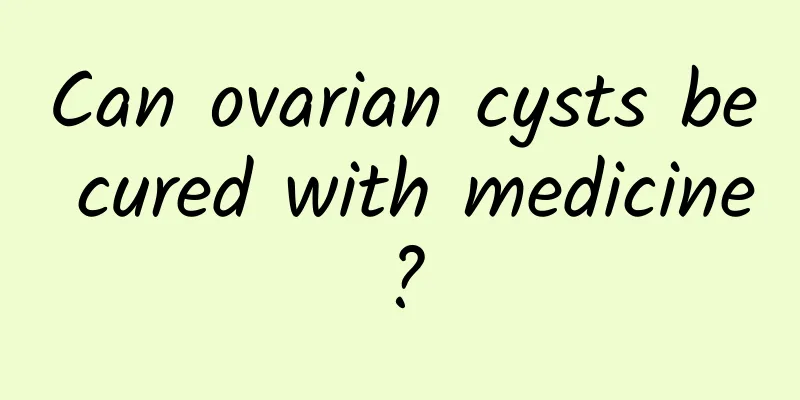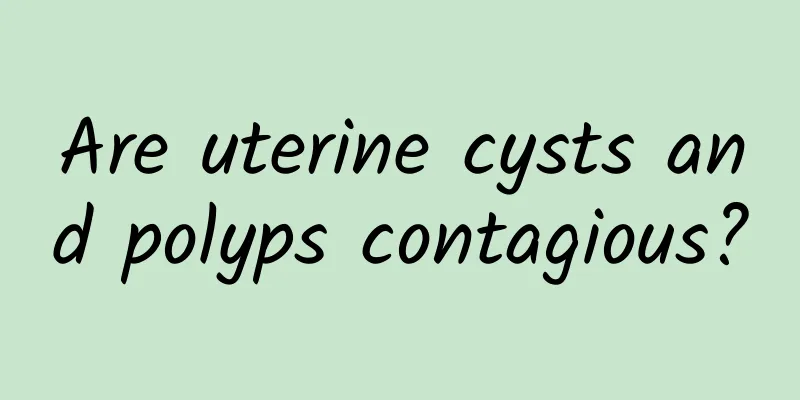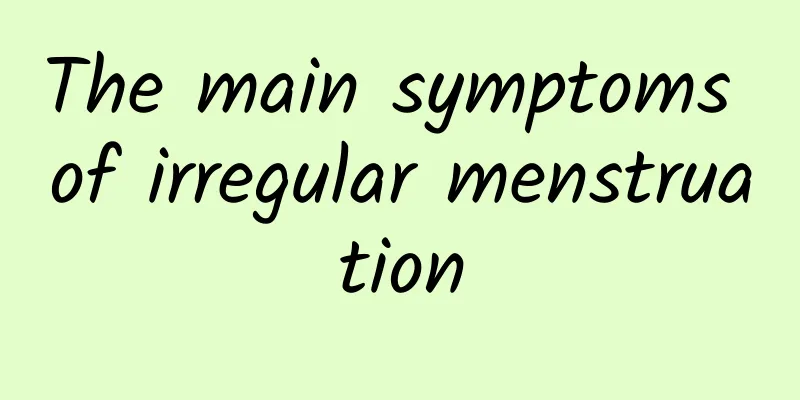Uterine fibroids can lead to infection, suppuration, infertility or miscarriage
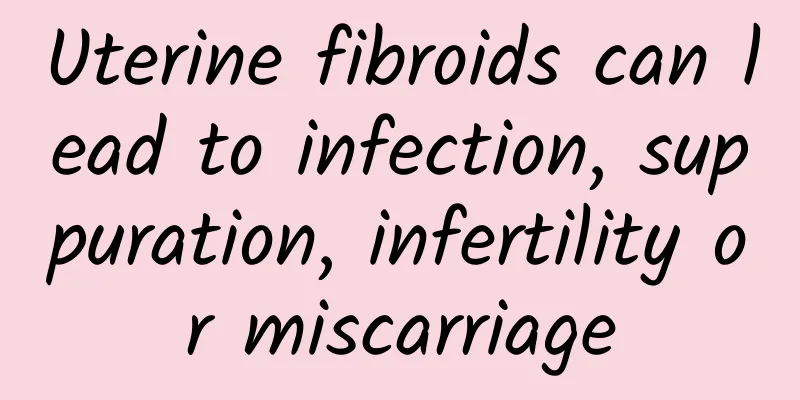
|
In our lives, it is very common for women to suffer from uterine fibroids. The harm of uterine fibroids is very great, but as a patient, do you already understand the harms of uterine fibroids ? Let us take a look at the harms of uterine fibroids. 1. Infection and suppuration. The harm of uterine fibroids is mainly manifested as pelvic congestion and infection. The infection is mostly caused by the torsion of the tumor pedicle, while blood-borne infection is extremely rare. After infection, a few patients will form abscesses in the tumor tissue, while the rest will show suppuration. 2. Adhesion or inflammation. After the subserosal uterine fibroid pedicle is twisted, intestinal adhesion will occur, which will be infected by intestinal bacteria. The inflamed fibroid will adhere to the uterine appendages, causing suppurative inflammation. On the other hand, fibroids can also cause pathogenic bacteria to invade other uterine organs due to bleeding, causing gynecological inflammation such as adnexitis and pelvic inflammatory disease. 3. Free fibroids. Subserous uterine fibroids can twist at the pedicle, causing acute abdominal pain. In severe cases, if surgery is not performed immediately, the pedicle may be broken and a free fibroid may form. Of course, the twisted fibroids can also drive the entire uterus, causing axial torsion of the uterus (mostly near the internal opening of the cervical canal). 4. Secondary anemia. Excessive menstrual bleeding is also a manifestation of the harm of uterine fibroids. Over time, it will cause secondary anemia and even promote anemic heart disease. In severe cases, patients will experience adverse symptoms such as general fatigue, pale complexion, palpitations and shortness of breath. 5. Infertility or miscarriage. Uterine fibroids patients suffer from infertility because the fibroid tissue in the uterine corners compresses the entrance of the fallopian tube, causing the uterus to deform and hinder the implantation of the fertilized egg. In addition, statistics show that spontaneous abortion is the most common hazard of uterine fibroids. 6. Malignant lesions. Uterine fibroids are benign tumors, but a small number of women still cannot escape the risk of malignant changes (the malignant change rate is about 1%), which is particularly prominent in older women. Therefore, those with rapidly growing fibroids or postmenopausal fibroids should be vigilant. The six key points described above are the hazards of uterine fibroids. Based on the hazards of uterine fibroids introduced by the experts here today, you should take treatment actions as soon as possible. If you still have any questions about the hazards of uterine fibroids, you can directly consult our online experts. I wish you a speedy recovery. |
<<: A common symptom of uterine fibroids is changes in menstruation.
>>: Be cautious about misunderstandings in the treatment of dysmenorrhea
Recommend
What are the consequences of not removing uterine fibroids? Can uterine fibroids be treated without removing the uterus?
What are the consequences of not removing uterine...
What is the best way to treat pelvic effusion?
Pelvic effusion is a common gynecological symptom...
Abdominal pain is the main symptom of ectopic pregnancy when tubal pregnancy is disrupted
The fertilized egg is affected by certain factors...
Lumbar pain, lower abdominal distension, no fluid accumulation, is it pelvic inflammatory disease?
Lumbar pain, lower abdominal distension, no fluid...
How to diagnose whether you have cervicitis?
What are the symptoms of cervicitis? Cervicitis i...
What are the specific symptoms of cervical erosion?
Almost every woman has cervical erosion, but the ...
What is the reason for continuous menstruation for more than ten days in the 50s? 3 possible reasons
For female friends, the body will go through vari...
Detailed analysis of several pre-abortion inspection methods
Now as people's minds open up, many women may...
Hollywood's hottest sport! 4 Benefits of Yoga
There are many beauties and artists who continue ...
What should I do if I have uterine fibroids? What are the symptoms of uterine fibroids?
There are many folk prescriptions for uterine fib...
Effective remedies for dysmenorrhea
Effective remedies for treating dysmenorrhea: 1. ...
Can’t get rid of summer obesity? Beautiful Chinese medicine practitioner "pat pat slim" reduces fat and detoxifies...
In summer, you love to use air conditioning, drin...
Methods to prevent gynecological inflammation after abortion
Spring is the beginning of all things, giving peo...
What are the types of dysmenorrhea?
Many people know that dysmenorrhea is a common gy...
Why hasn't your period come yet?
Why hasn’t my period come yet? Absence of menstru...





